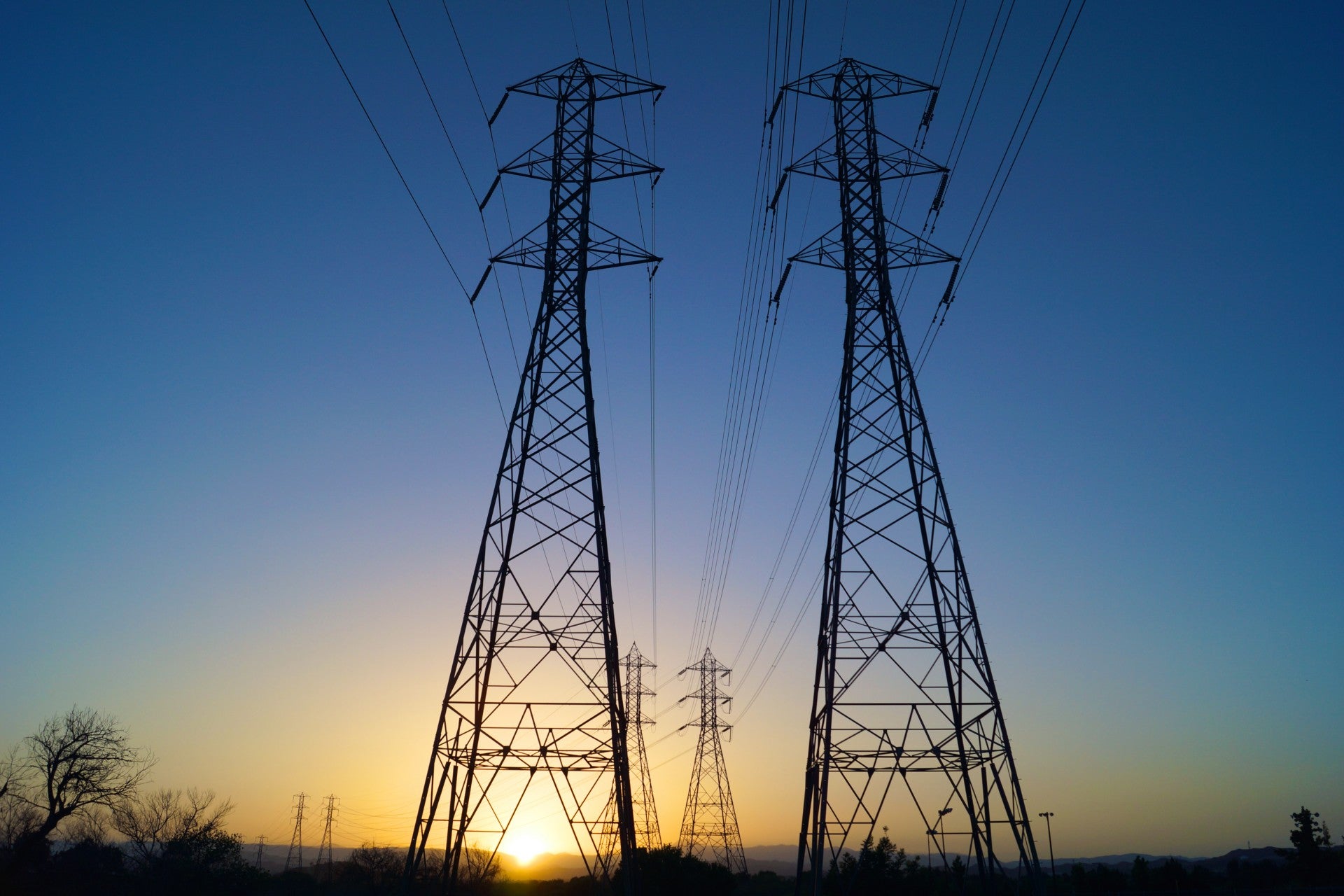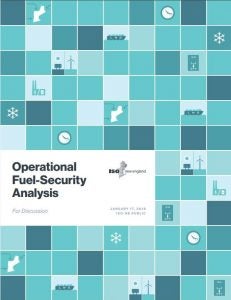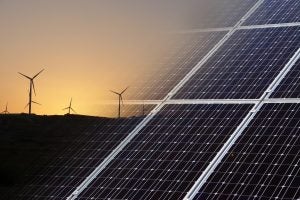 Our dramatic seasonal temperature fluctuations here in New England create a unique energy challenge. Most days of the year (i.e. spring, summer, and fall), we have enough pipeline capacity, or space, to meet electricity and heating demand. However, approximately 40 days out of the year natural gas pipeline capacity becomes scarce, and in certain hours, unavailable; and the system relies on storage to maintain sufficient gas supply and delivery to homes, businesses, and electric power plants.
Our dramatic seasonal temperature fluctuations here in New England create a unique energy challenge. Most days of the year (i.e. spring, summer, and fall), we have enough pipeline capacity, or space, to meet electricity and heating demand. However, approximately 40 days out of the year natural gas pipeline capacity becomes scarce, and in certain hours, unavailable; and the system relies on storage to maintain sufficient gas supply and delivery to homes, businesses, and electric power plants.
Many people look at the region’s pipeline constraints and assume that the only solution is to build more pipelines. This is a logical reaction, but it overlooks an opportunity to explore multiple solutions in a more economical and holistic way. Rather than only looking at pipeline solutions, why not broaden the solution conversation by calling forth market competition?
The grid needs to foster participation by all resources
All resources can help ensure reliability during those key hours when pipelines are constrained. By allowing resources, such as batteries, pumped storage, demand response, and LNG, to compete, market forces can be used to fill in gaps, reward resources that are flexible and available to meet peak demand, and ultimately signal to investors when and where right-sized investments are needed. Read More »
 While most New Englanders are busy making summer plans, ISO New England, our regional grid operator, alongside stakeholders, is hard at work ensuring that our grid operates well in winter conditions.
While most New Englanders are busy making summer plans, ISO New England, our regional grid operator, alongside stakeholders, is hard at work ensuring that our grid operates well in winter conditions.












 For companies, future planning is simply good business. This is why many in Corporate America – having long accepted that climate change is real – are continuing to transition towards low-carbon energy options and to work with the U.S. Environmental Protection Agency (EPA).
For companies, future planning is simply good business. This is why many in Corporate America – having long accepted that climate change is real – are continuing to transition towards low-carbon energy options and to work with the U.S. Environmental Protection Agency (EPA). President Trump’s
President Trump’s